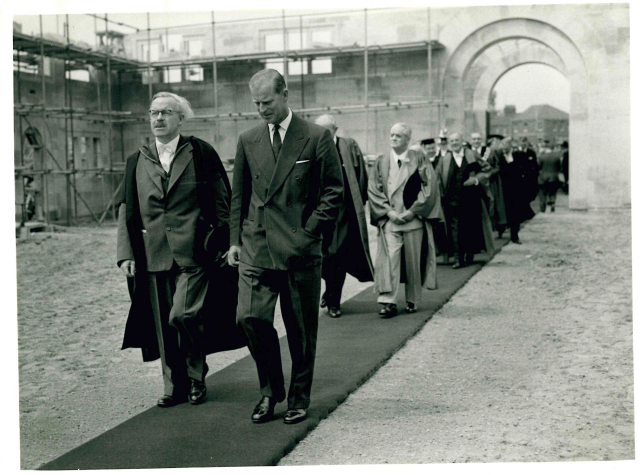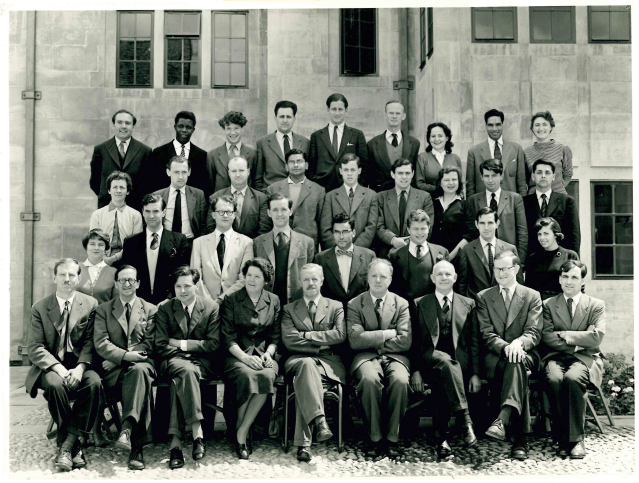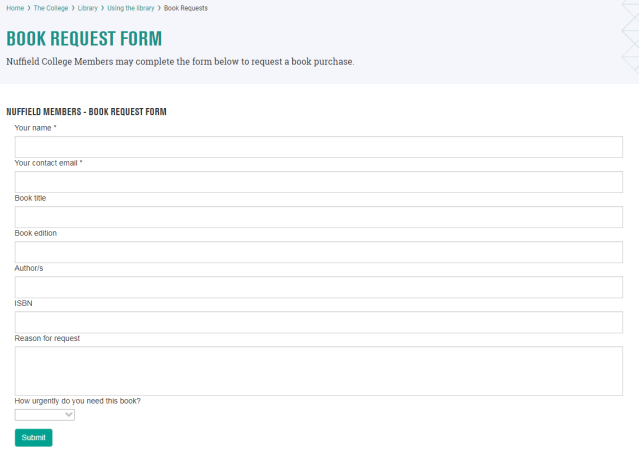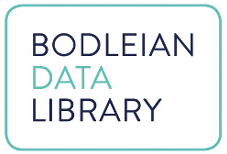‘Social Progress in Britain’ is a new publication written by Anthony F. Heath, the Director of the Centre for Social Investigation (CSI) at Nuffield College, with contributions from Elisabeth Garratt, Ridhi Kashyap, Yaojun Li, and Lindsay Richards.

Released on Thursday 27th October 2018
Taken from CSI briefing papers tracing social change in Britain since Sir William Beveridge’s 1942 report on Social Insurance and Allied Services, this book investigates the progress made by Britain to address ‘Beveridge’s Five Giants’;
Want ; Disease ; Ignorance ; Squalor ; Idleness.
LIBRARY EXHIBITION
The library is currently displaying a small exhibition about ‘Social Progress in Britain’, William Beveridge and Beveridge’s Five Giants. The exhibition can be found at the library entrance and includes locations for texts by and about Beveridge in the library, and the chance to pick up a promotional code for 30% off the OUP RRP!
SIR WILLIAM BEVERIDGE (1879-1963)

William Beveridge (c) National Portrait Gallery, London
Born in 1879, Beveridge was a pioneer in social reform. Beveridge was an exhibitioner at Balliol College in 1897 where he graduated with first-class honours in mathematical moderations (1898), classical moderations (1899), and literae humaniores (1901). He later gained a fellowship at University College in 1902 and successfully became the Warden of University College in 1937. In the intervening years, Beveridge became a civil servant, reaching the rank of Assistant Secretary before the First World War broke out. In 1919, Beveridge resigned from the civil service and became the director of LSE, then a small college, expanding the reach of the social sciences at LSE. [3]
His impact within government and academia was widespread, paving the way for his most famous work and a legacy that still survives and thrives today.
SOCIAL INSURANCE AND ALLIED SERVICES
His defining work Social Insurance and Allied Services, also known as the Beveridge Report, informed the structure of the welfare state in Britain after the Second World War.
Beveridge’s idea was to “provide as far as possible a unified system of income maintenance to cover needs arising from a variety of causes” [1]
Beveridge’s programme for overcoming his ‘five giants’ were in the form of a free NHS, family allowances, governmental backed full employment policies and universal subsistence social insurance for all classes, for life. Beveridge’s plan paid off as his report became the backbone of the British welfare state legislation between 1944 and 1948. Although the government were not particularly enamoured with his report initially, the public were and helped to sell over 70,000 copies in just a few days! [3]
BEVERIDGE’S FIVE GIANTS
WANT
“material progress, particularly with respect to household income” [2]
The reduction of Want in a society influences the four other ‘giants’ highlighted by Beveridge as the means to provide social security. Want can be eliminated when the basic needs of society is met economically.
Chapter 2 ‘The Fight against Want – material prosperity, inequality, and poverty’ addresses the changes made in Britain to reduce Want and examines the possibility of a resurgence of Want in the 21st century.
DISEASE
“health and life expectancy” [2]
Chapter 3 ‘The Fight against Disease – life expectancy, disease, and lifestyle’ addresses the changes made in Britain to increase life expectancy and examines the necessary changes to lifestyle needed for a healthier Britain.
IGNORANCE
“educational participation and standards” [2]
Chapter 4 ‘The Fight against Ignorance – participation, standards, and non-economic outcomes’ addresses the changing standards of ignorance in the 21st century and examines the development of Britain’s education system.
SQUALOR
“housing conditions, especially overcrowding” [2]
Chapter 5 ‘The Fight against Squalor – overcrowding, homelessness, and affordability’ addresses the change of housing systems in Britain and examines the current housing crisis in relation to previous crises.
IDLENESS
“unemployment and enforced inactivity” [2]
Chapter 6 ‘The Fight against Idleness – unemployment and discouraged workers’ addresses Britain’s unemployment trend and discusses the change of unemployment rates between gender, education, age and ethnic groups.
References:
[1] Cole, G.D.H. (1942) Beveridge explained: what the Beveridge report on social security means. London: The New Statesman and Nation. Page 15.
[2] Heath, A.F., et al. (2018) Social progress in Britain. Oxford: Oxford University Press. Page 9.
[3] Oxford DNB – Beveridge, William Henry, Baron Beveridge.








 The Bodleian runs a wide range of study skills and research methods courses which are FREE. These great sessions on topics ranging from reference management to research data management can help you learn a new skill or refresh your existing skills before embarking on the next stage of your research. Check out the programme of forthcoming sessions
The Bodleian runs a wide range of study skills and research methods courses which are FREE. These great sessions on topics ranging from reference management to research data management can help you learn a new skill or refresh your existing skills before embarking on the next stage of your research. Check out the programme of forthcoming sessions 
